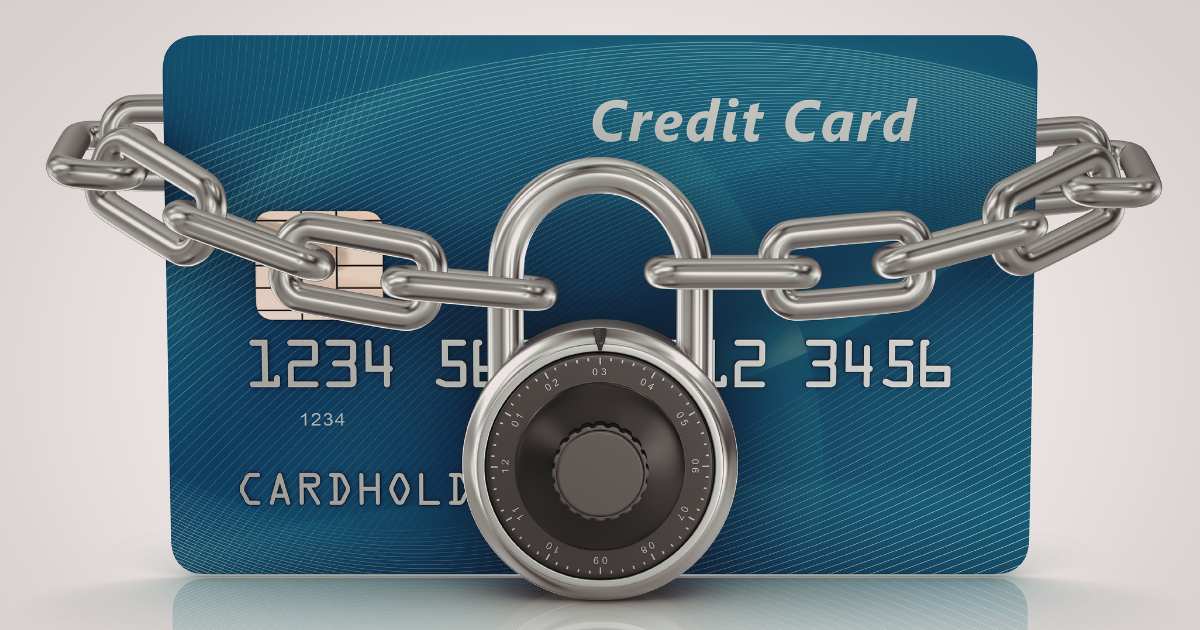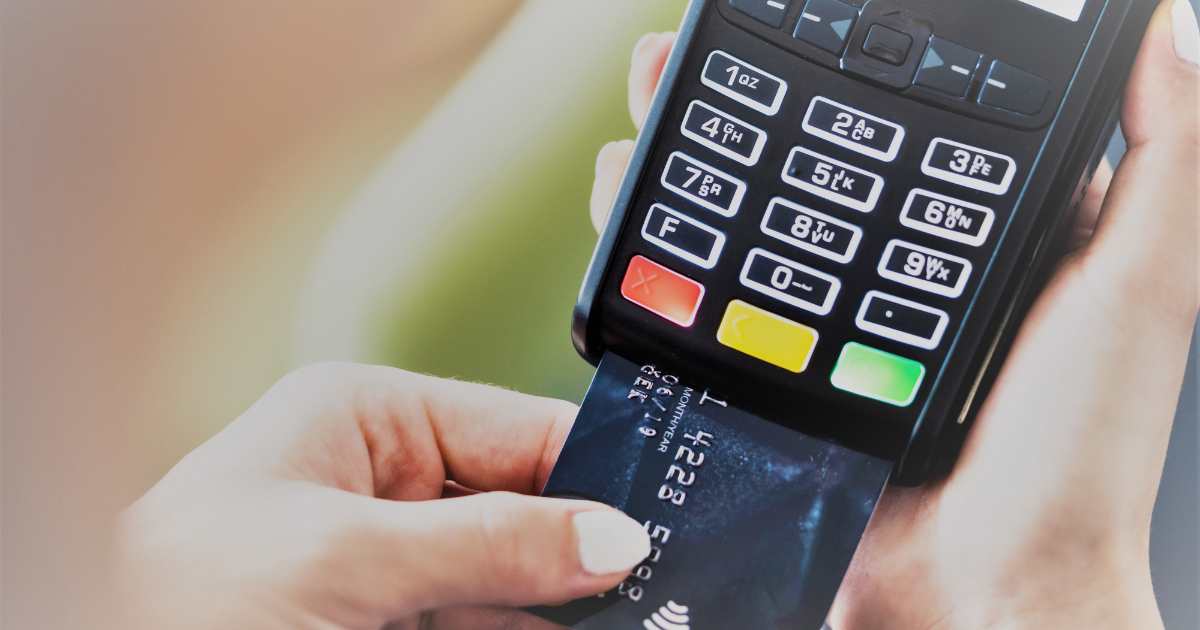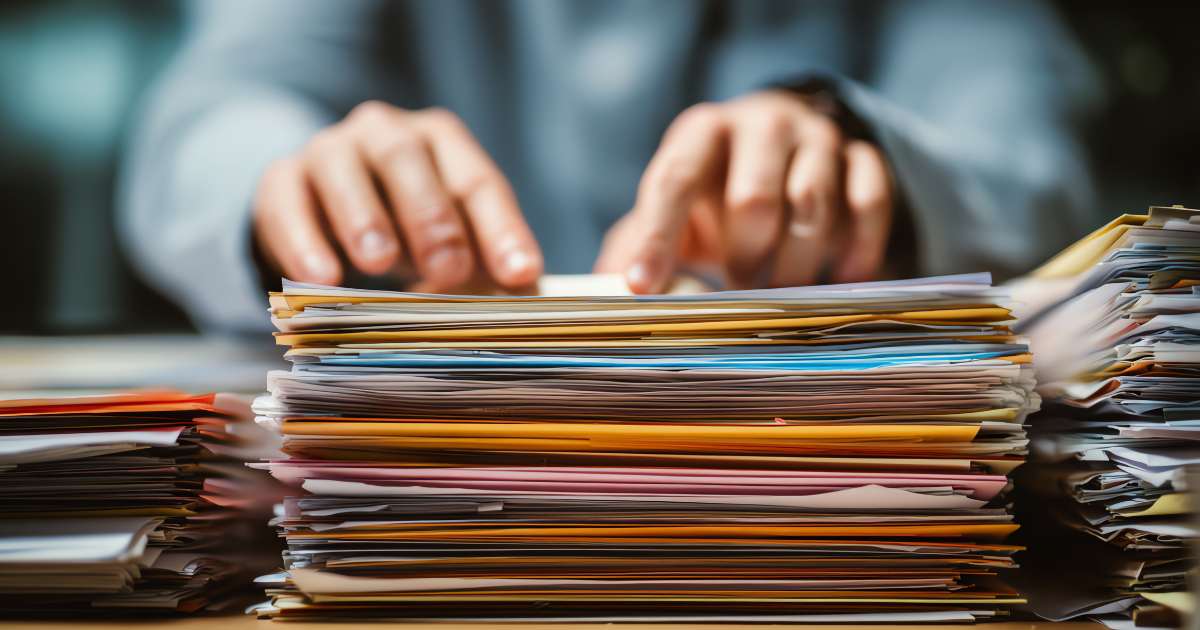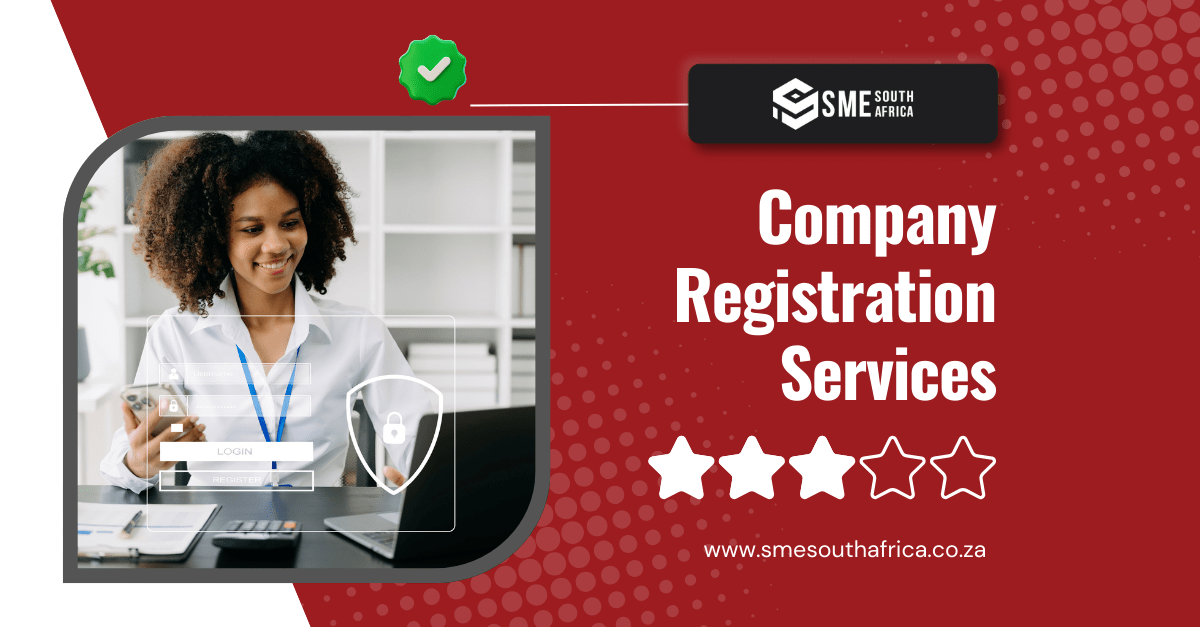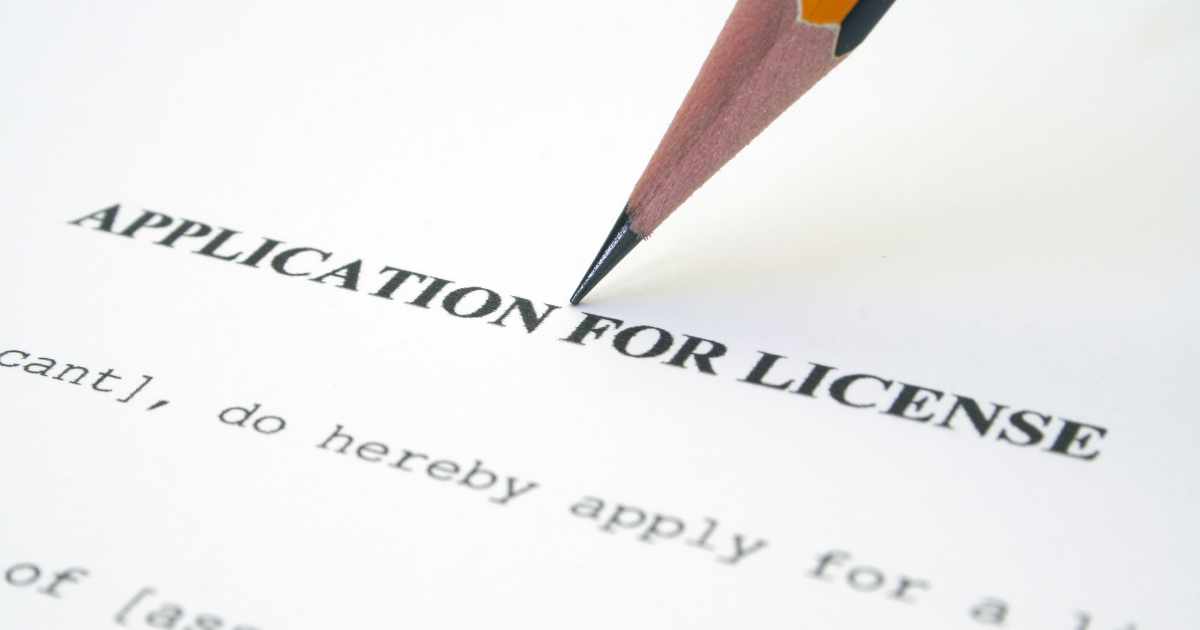
The sale and distribution of alcohol play an important role in the economy of South Africa. However, selling alcohol without a proper license can lead to serious consequences. If you are an entrepreneur who wants to try new avenues in selling alcohol, whether for a business or an event, it is vital to understand the processes of obtaining a liquor license.
Before applying for a liquor license in South Africa, you need to meet these requirements:
Age and Citizenship: You must be 18 years of age or older, and be a South African citizen, or possess a valid work visa and permit.
Criminal Record: Candidates cannot have a criminal record of any sort. A past conviction related to alcohol offences may lead to disqualifying the application.
Location Compliance: You have to make sure that your business location will be under the permitted zoning area. Your business location cannot be located close to schools, churches, or other prohibited zones.
Experience and Training: You need to demonstrate that you have experience or a certain training relevant to operating a liquor business. This may also include completing a short training course.
Business Plan: A detailed business plan is required. This should include the nature of your business, target market, marketing strategies, and a financial plan showing that your business is viable.
Required Documents: You are also going to have to produce other relevant documents, including your ID, proof of residence, and tax clearance certificates.
When busy with your application, consider consulting with relevant authorities for guidance before submitting your application.
Step-by-step Guidelines to Get a Liquor License
Follow these steps to secure your liquor license:
Step 1: Determine the Type of License
First of all, you need to know which type of liquor license you need. There are different types of liquor licenses, which include:
- On-Consumption License: For bars and restaurants that are serving alcohol on-site.
- Off-Consumption License: For liquor stores that are selling alcohol to be taken away by the consumer.
- Special Events License: For once-off cases like festivals or parties.
- Micro-Manufacturing License: For small producers like craft breweries.
- Wholesale License: For businesses who are selling alcohol in bulk to retailers.
However, each province may have different licensing requirements; it is important to check with your local authorities for relevant information.
Step 2: Complete the Application Form
Once you are done with the decision on which license to apply for, complete the relevant application. You get the application form from the Liquor Board or the Department of Trade and Industry. Many forms are also available online, making the process easier.
Access the National Liquor Authority online system and follow the instructions
Step 3: Gather Supporting Documents
You will need to provide several documents together with the application form upon request. The applicant will also have to present original copies of the documents. These may include:
- A valid ID
- Proof of address
- Documents that formed the business registrations
- Zoning certificate
- Tax clearance certificate
The documents that are required may differ depending on the license type. It is advisable to check in advance.
You can check out the list of Regulatory Bodies to confirm.
Step 4: Submit Your Application and Pay the Fee
After completing the forms and gathering the necessary documents, submit your application to the right authorities. You also need to pay a fee; the cost of this fee varies and may be from R 15 000 to R 25 000 depending on your region and type of license.
Step 5: Wait for Processing
Once you have submitted your application, it will be reviewed. It can take four to five months on average, depending on the nature of the application and the workload of the authorities.
Step 6: Site Inspection
While your application is being processed, you can expect a site visit from the inspectors to check whether your premises meet the requirements for the type of license you are applying for, including safety measures and layout plans.
However, after the application, you will be subjected to a site inspection before one is approved for construction. To accept your application, you will need to show that your premises match the type of license you’re applying for, including fire exits, windows, and emergency exit doors.
Step 7: Attend a Hearing
If your application has no objections, you may be required to attend a hearing. This is a perfect chance for you to provide more information concerning your business and ensure you are compliant with all regulations.
Step 8: Receive Your Liquor License
After your application has been approved, you will receive your liquor license. Make sure you adhere to all the terms you agreed on in the license such as the operating hours and the types of alcohol you sell. This license must be visibly displayed at your premises.
Want to know about food safety and compliance? Download our Food Safety and Compliance Guide in South Africa Guide.
The Importance of Having a Liquor License
In South Africa, operating a liquor business without a liquor license can lead to extensive fines or legal imprisonment. The National Liquor Act 59 of 2003 regulates the sale of alcohol to ensure responsible practices, protect consumers, and prevent sales to minors.
Must-know FAQs About a Liquor License
Q: Can I obtain a liquor license with a criminal record in South Africa?
An individual with a criminal record may apply for a liquor license, but people with alcohol-related crimes may not apply for a liquor license according to the Liquor Act.
Q: Are liquor licenses owned by individuals?
When a license is approved, it is granted to the premises and not to an individual. However, it is not possible to transfer a license from one individual to another for it to be used in another place. The Liquor Board may prefer to assess and license each premises individually.
Q: Do you need a liquor license to import alcohol?
People who want to import alcohol need to apply for an import certificate if they intend to import 12 litres of liquor for personal consumption. The yearly quantity that can be imported is 180 litres.
Q: What happens if the premises are modified after the liquor license is granted?
If your premises are expanded or changed after your license is granted, you will be required to apply to the liquor board to expand your license.
Q: How can I renew my liquor license?
A liquor license must be renewed annually; if it is not renewed, it will lapse, after which a new liquor license will have to be applied for
Lastly, having a valid liquor license not only keeps you compliant with the law and regulations, but it helps you establish your business’s credibility, attracting potential customers and partnerships. If you are an aspiring entrepreneur who wants to venture into the liquor industry, securing a liquor license is important.


